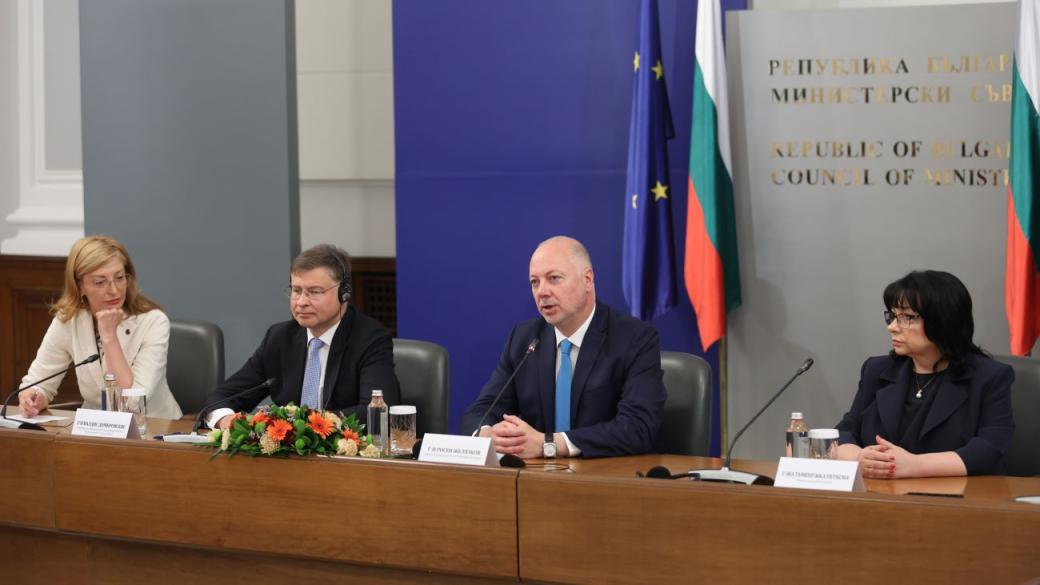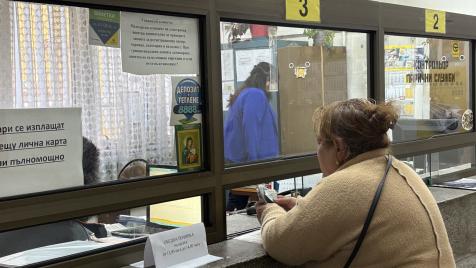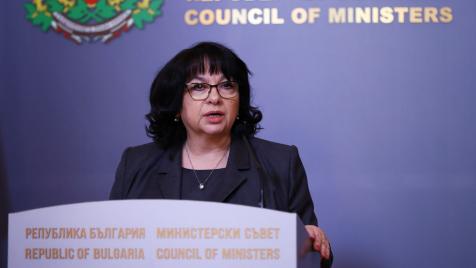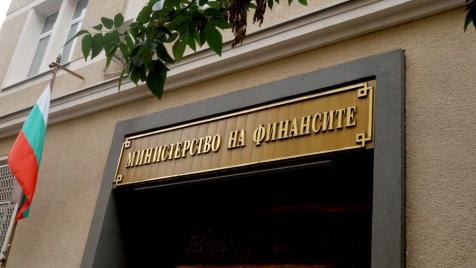Dombrovskis: The eurozone is the best investment for Bulgaria's future
According to the European Commissioner, the country's economic performance in recent years has been impressive

© ECONOMIC.BG / BTA
Some Bulgarians are concerned about the introduction of the euro in Bulgaria, but these fears are unfounded, as historical data shows.
This was stated by Valdis Dombrovskis, European Commissioner for Economic and Productivity, Implementation and Simplification, during a briefing on Thursday at the Council of Ministers.
There is no reason to worry about rising prices. Joining the eurozone is the best investment Bulgaria can make for its future," Dombrovskis added.
A research by Economic.bg confirmed that inflationary processes in a country are not influenced by a change in currency, but are the result of dynamics, trends, and events that began years ago, i.e., the euro itself does not affect the prices of goods and services.
According to Dombrovskis, Bulgarian people should be proud of the positive reports from the European Commission (EC) and the European Central Bank (ECB) released the day before. The reason is that joining the eurozone “is not an easy process” and requires considerable effort and compliance with rules.
According to Dombrovskis, Bulgaria has managed to maintain a stable course, economic fundamentals, and fiscal discipline despite the challenges of 2020 since Bulgaria officially joined the ERM II exchange rate mechanism, including the COVID-19 pandemic, the war in Ukraine, and the uncertainty caused by the recently imposed higher US import tariffs.
Bulgaria's economic performance in recent years has been impressive, with public debt at 24% of GDP, well below the euro area average of 89%," the Commissioner commented.
Work must not stop
However, he warned that Bulgaria must not stop its efforts, but rather focus on practical preparations to ensure a smooth transition to the single European currency.
Development must not stop now. After January 2026, fiscal discipline and the momentum gained from positive reforms must be maintained," Dombrovskis added.
He stressed that institutions must provide accurate and reliable information to dispel unfounded fears, such as those about price increases.
No fees and no time limit
During the joint briefing, Prime Minister Rossen Zhelyazkov commented that the introduction of the euro “in no way means that Bulgaria is abandoning its national currency; on the contrary, it is joining the common European currency.”
He stressed that there is no need for panic to exchange levs for euros – neither now nor after January 1, 2026.
here will be no reason for people to start exchanging money in a panic on January 1 or to spend money now, because the value of their money will be preserved, purchasing power will be guaranteed, and conversion to euros will be at the currently fixed rate,” Zhelyazkov assured.
The exchange will be unlimited and free of charge at Bulgarian National Bank branches, effective January 1, forever—no fees and no time limit. Six months after January 1, it will be possible to exchange money at all credit institutions and at Bulgarian Post offices, the prime minister added.
A long-standing choice
Joining the eurozone is a choice that Bulgarian citizens made a long time ago,“ said Bulgarian European Commissioner Ekaterina Zaharieva.
I believe that from January 1, 2026, Bulgaria will make the eurozone stronger and vice versa,” she added.
This text was translated by DeepL.

 Simona Gotsova
Simona Gotsova 




